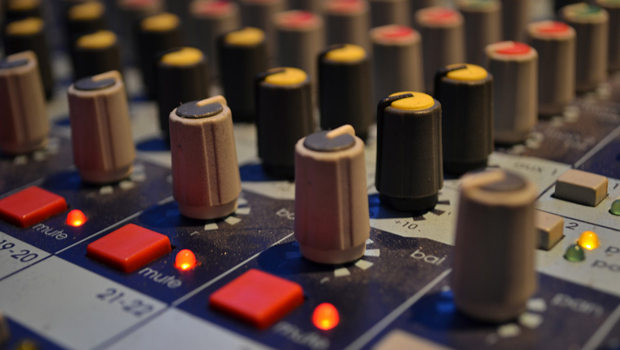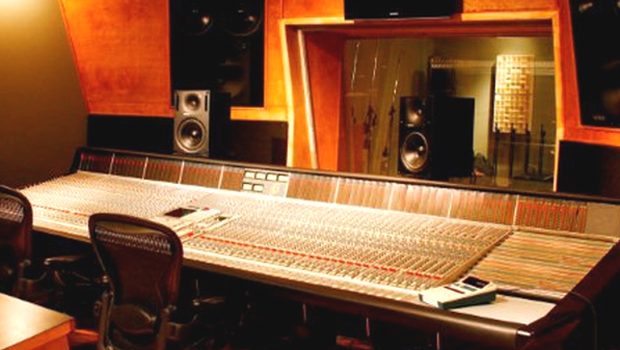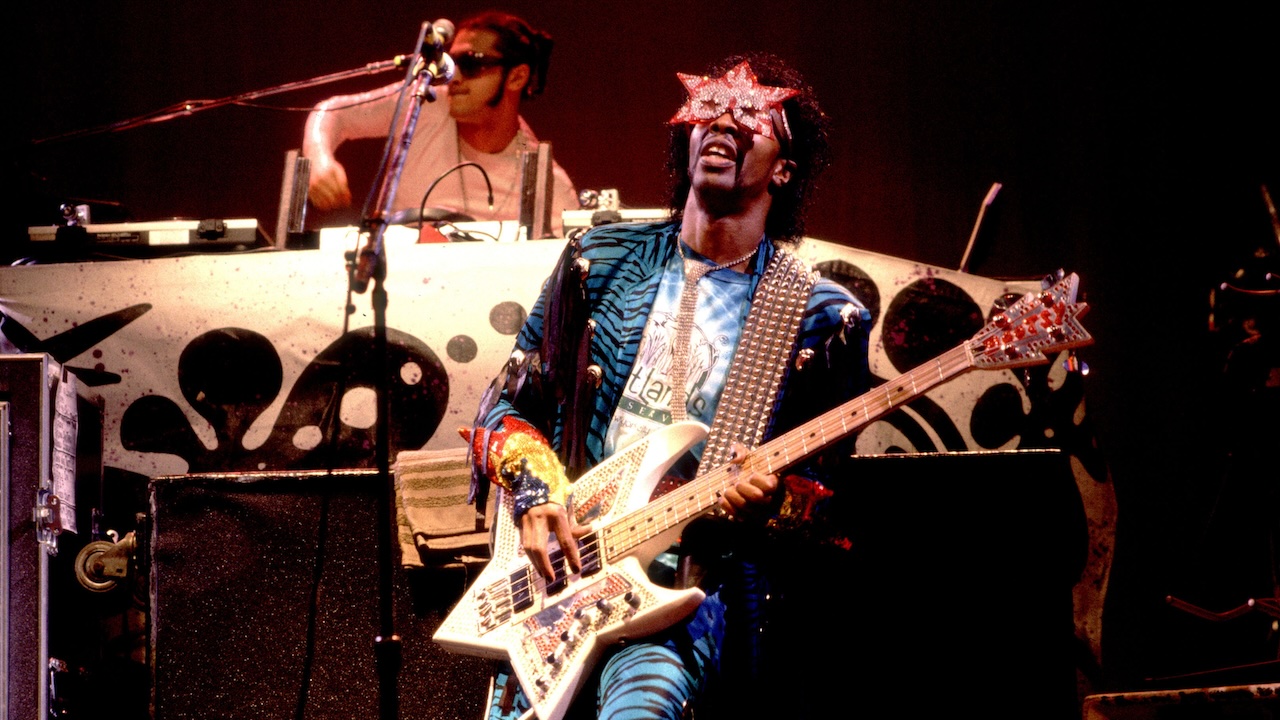Guitarists' Seven Most Common Mistakes in the Recording Studio
Some mistakes guitarists often make in the recording studio—and how to avoid them.

So your band is looking to take it to the next level. Or perhaps someone has offered to pay your way out of the home studio scene and into a big studio you've only seen pictures of.
This week I want to discuss the pitfalls I have witnessed and how to avoid them. I swear I could make a living saving bands money—if they would only listen. You don't have to trust me, but read on. I may just be saving you not only thousands of dollars but your actual career.
01. BEING UNREHEARSED: Sounds like common sense to me. But I only wish you could witness how many times I've been in the studio and the two guitarists have no idea what the other is playing. That goes double for the bassist. Completely unprepared.
When you rehearse, do more than play at ear-shattering volumes. Discuss. Know everything about everything. Be as prepared as you can be and only on the songs you are planning to record. Solos, rhythms, sounds.
02. BRINGING FRIENDS TO THE STUDIO: If they're not in the band and have no reason to be there, they are not allowed. Period. You are there to work. A roadie or two or a guitar tech is fine. As long as they are there to do the job and then be quiet. Sometimes "friends" can be substances. Leave that for the release party.
03. USE A CLICK TRACK FOR THE FIRST TIME: This one comes from my trusted engineer par excellence and friend, Tim Conklin. If you have never rehearsed with a click track, don't be talked into using one while the clock ticks away your money! It is a vibe killer and a time waster if you are unprepared.
04. ADDING INSTRUMENTS NO ONE IS PREPARED FOR: Look at all those shiny percussion instruments and keyboards. Of course, your ballad needs a fucking cello sample! Right? Wrong! If you needed a cello, then it should have been discussed and arranged at the rehearsal. Same with percussion. If you need it and no one in the band knows how to play it properly, bring along someone who does. We call the box of percussion the "money box" in the studio. It's the biggest time/money waster there is. And we get to sit and watch you learn how to use a shaker at $60 per hour—or more!
All the latest guitar news, interviews, lessons, reviews, deals and more, direct to your inbox!
05. NOT USING YOUR OWN GEAR: You use a Crate amp and are perfectly happy with the sound. You play an Epiphone Les Paul and it feels like home in your hands. Then you get to the studio and the "guy" there convinces you to use Amp Farm or a Marshall or whatever and the "real" Les Paul. Sure. These might be more expensive and better gear than you have, but can you play as well using this new gear? Will it change the sound of the band that everyone likes? Is it because the fucking guy only knows how to get a sound using his gear instead of being a pro who knows how to capture your sound? Bring your own gear and use it!

06. USING A PRODUCER UNFAMILIAR WITH YOUR SOUND: You've been working with a local guy and getting good results. He's even a fan and friend. Then this situation arises and he gets written right out of the picture in favor of a name producer because, you know, that's what it takes to make it. His name and the studio's name. Well you are so wrong. If you knew how many "name" producers projects never see light of day, you would fall over. But please don't believe me. Just hand the $11K or more and points and part of your publishing over to the name guy who doesn't even know you. He'll be more than grateful. Or ... use the guy you can trust with a qualified engineer from the studio!
07. NOT HAVING A BUDGET AND KNOWING WHERE EVERY PENNY GOES: Know how long each aspect of the recording will take and have the budget allotted for it. Know how long mixing will take—and does it have to take place in the expensive studio? Most producers can and do mix in the comfort of their own home studio. It saves money and they know the gear and sound. And let's not forget about the mastering.
Do you need Bob Ludwig to master it? I will go on record to say I have heard people of his fame destroy recordings. It's all about how well it was recorded and mixed. And not to mention how good the songs and performance are, because let me tell you, If the song is crap and the band is crap, no big "name" or auto tune or studio or mastering is going to save it. Deep Purple's Machine Head was recorded from a truck parked outside a hotel, and the band was assembled in a hallway. Be original—and listen to me! Be the first. I'm not going to name any names of those who didn't. You never heard of them anyway. (Ouch!)
Be true to yourself. Listen to the sound in your head and heart. Follow it. Take advice only from those you trust. And please, don't be stupid. THINK. REHEARSE. REWRITE. REHEARSE SOME MORE. CHOOSE WISELY. THEN MAKE HISTORY. YOUR HISTORY.
(Special thanks to Pete at Spin Recording Studios in Long Island City, New York, for the use of the photo, above, of his incredible studio shot by my wife, Lori.)
Till next time … Ron Zabrocki
Ron Zabrocki on Ron Zabrocki: I’m a session guitarist from New York, now living in Connecticut. I started playing at age 6, sight reading right off the bat. That’s how I was taught, so I just believed everyone started that way! I could pretty much sight read anything within a few years, and that aided me in becoming a session guy later in life. I took lessons from anyone I could and was fortunate enough to have some wonderful instructors, including John Scofield, Joe Pass and Alan DeMausse. I’ve played many jingle sessions, and even now I not only play them but have written a few. I’ve “ghosted” for a few people that shall remain nameless, but they get the credit and I got the money! I’ve played sessions in every style, from pop to jazz.
